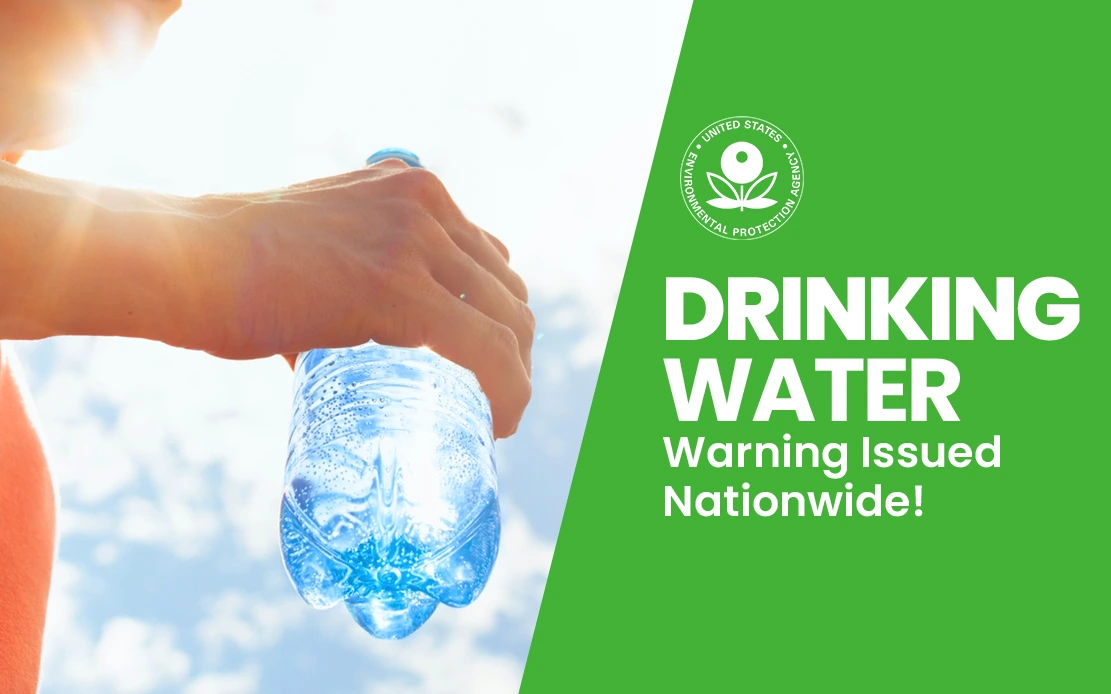The U.S. Environmental Protection Agency had issued a national alert related to the security vulnerabilities in drinking water systems, mandating immediate measures for protecting public health. With rising cyberattacks on water systems, the EPA's new set of requirements mandate community water facility operators to strictly abide by cybersecurity provisions in the Safe Drinking Water Act by ensuring default password updates, carrying out periodic vulnerability assessments, and developing advanced emergency response plans.
The EPA highlights that over 70% of inspected water systems lack basic cybersecurity measures, exposing them to significant risks. These gaps, often stemming from outdated technology and poor cybersecurity awareness, could compromise essential water supplies. These gaps, usually in outdated technology and cybersecurity awareness, can compromise the nation's critical supplies of water. The EPA Deputy Administrator said protecting public access to safe drinking water is important; addressing these vulnerabilities is crucial to the nation's health and security.
Collaboratively the Department of Homeland Security's Cybersecurity and Infrastructure Security Agency (CISA), the EPA has put in specific guidelines for water system operators:
- Minimize Internet Exposure: Reduce system connectivity to the internet to minimize attack surfaces.
- Implement Regular Cybersecurity Audits: Regular audits must be conducted to identify and rectify vulnerabilities.
- Update and Secure Passwords: Ensure passwords are regularly updated from default settings to secure access.
- Develop Incident Response Plans: Water systems should establish and practice incident response plans to respond swiftly to potential breaches.
This enforcement alert comes as part of a broader initiative led by the National Security Council, promoting state and federal cooperation in developing cybersecurity strategies tailored for water utilities. The EPA is increasing its inspections and enforcement efforts, warning that failure to comply may lead to civil or criminal actions to ensure public safety.
As the threats of cyber attacks against critical infrastructure are increasing, this alert from EPA shows a need for a joint front between the government and private sectors. Communities can help prevent the disruption of one of their most vital resources: clean, accessible drinking water.
As the EPA reinforces cybersecurity protocols to protect our nation’s water, Recycle Technologies stands committed to sustainable practices that ensure the health and safety of our communities. At Recycle Technologies, we understand that secure and safe access to natural resources like water is paramount, just as is the responsible disposal and recycling of materials that can impact these resources. Our eco-friendly waste solutions align with EPA’s mission, reinforcing our pledge to a safe, sustainable future for generations.












